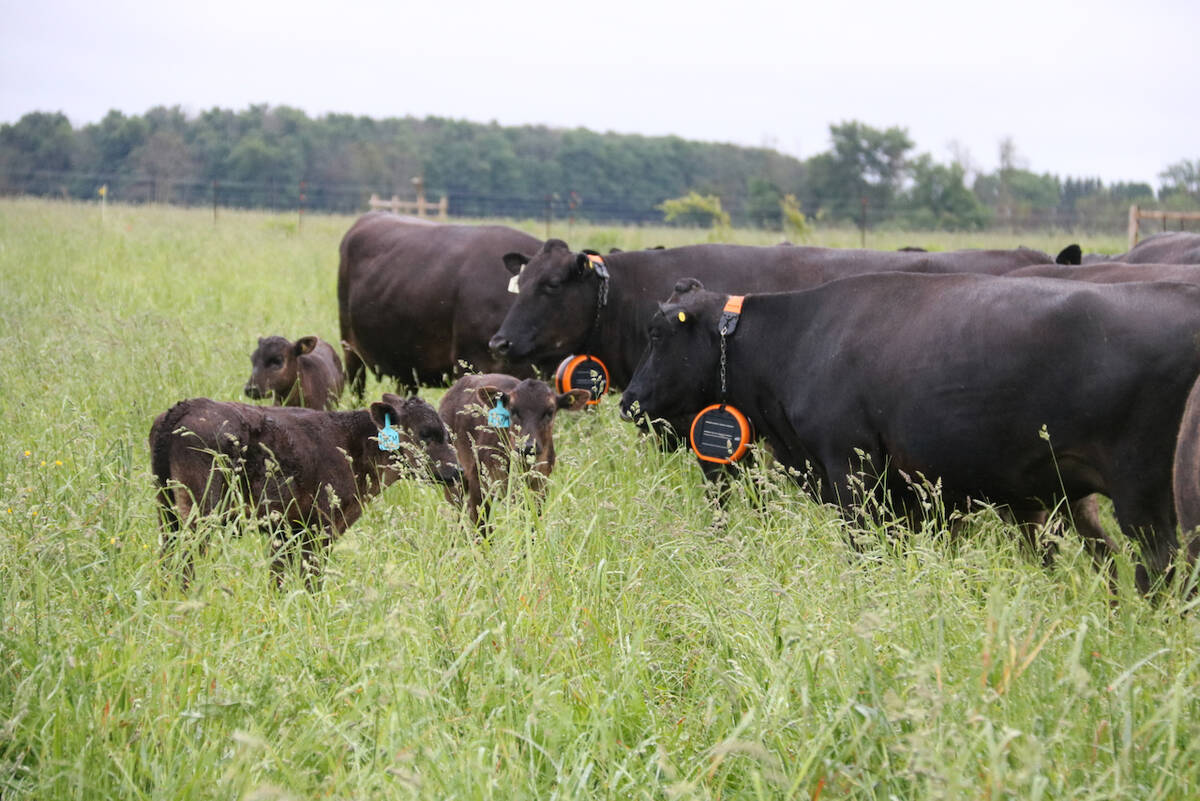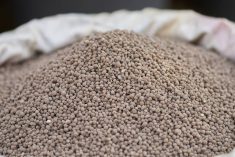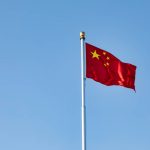The canola sector is welcoming Ottawa’s move to begin discussions on a free trade agreement with China.
A free trade deal with China could create 33,000 additional jobs in Canada from increased exports of canola alone, said the Canola Council of Canada, which commissioned an independent analysis on that subject.
“Freer trade with China would mean a lot more jobs and growth from Canadian canola,” council VP of government relations Brian Innes said in a release. “In these uncertain times for global trade, Canadians should be very encouraged by the opportunity for a more stable and open trading relationship with China.”
Read Also

How soil fertility management can boost pasture yield by 43 per cent
Learn how soil testing and targeted fertilization can increase pasture biomass by 43%. Expert tips on N, P, and K management for beef cattle producers.
The study, by a former deputy chief economist with the federal Trade Department, estimated that eliminating China’s tariffs on canola could increase exports of seed, oil and meal by up to $1.2 billion per year. That would be the equivalent of 1.8 million tonnes of canola or about 10 per cent of Canada’s current annual canola production.
“There’s tremendous growth potential for canola exports to China,” said Innes. “Getting rid of tariffs would make canola more competitive with other oilseeds and have a global impact on the value of canola.”
Currently, China imposes a nine per cent tariff on imported canola seed, which is three times higher than the one on soybeans, the council said.
“In 2016, this tariff made canola about $32 per tonne more expensive than it would be if it had the same tariff as soybeans,” it said.
But there is also a major non-tariff barrier — China’s insistence that canola seed could introduce blackleg to the country (even though the seed goes straight to crushing plants and not to farms). Last year, China threatened to slash dockage levels to one per cent from the current 2.5 per cent — a potential crisis only averted when Prime Minister Justin Trudeau brokered a deal with Chinese Premier Li Keqiang in September to delay any such move until 2020.
Blackleg is now virtually everywhere in Alberta. An Alberta Agriculture survey of nearly 500 fields last year found blackleg in almost 90 per cent of them.
“Our trade with China has been growing but can still be unpredictable and hampered by barriers,” said Innes. “A free trade agreement would bring more stability to our trading relationship.”
China is second only to the U.S. in terms of canola exports. Last year, it imported 4.8 million tonnes of Canadian canola — 3.5 million tonnes of seed, 600,000 tonnes of oil, and 660,000 tonnes of meal, the canola council said.
It also said that “predictable and science-based decisions for the approval of new biotech canola traits” also need to be established.
“Three canola traits, approved in Canada since 2012, are in the final stages of the Chinese approval process,” said the canola council’s news release. “Commercialization is on hold until they are approved in China — meaning growers do not have access to the latest seed innovations. Stronger trade ties will help to resolve non-tariff barriers.”
The federal government is asking for feedback from the public on its plans to explore a potential free trade agreement with China.
“Canadians may have concerns about China, including issues relating to the environment, labour, gender equality, rule of law, and human rights,” the federal government said in a notice in the Canada Gazette.















